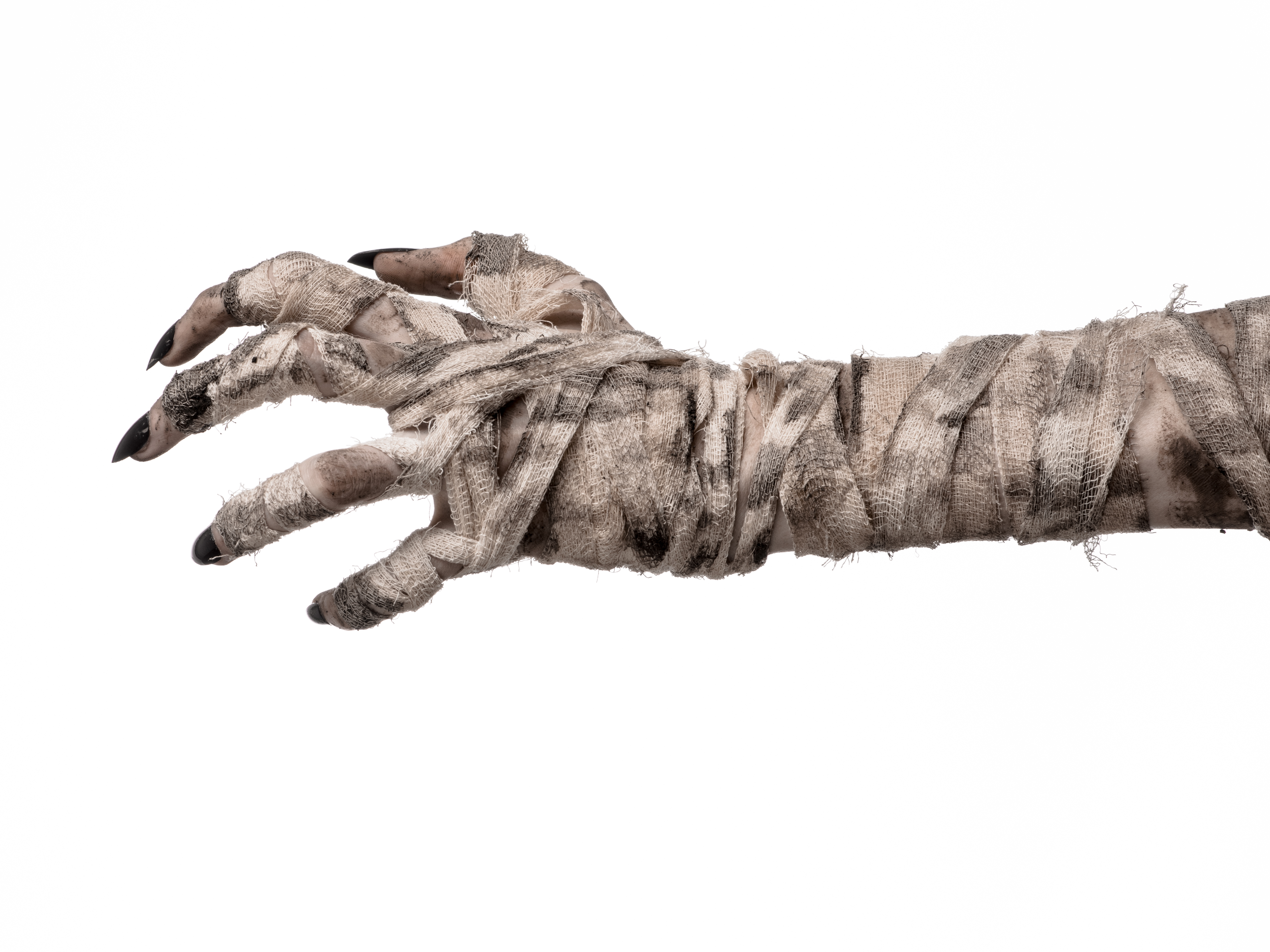Monsters Teach Us about Ourselves
by Brandon Walker
Professor Ryan McVeigh believes we can learn a lot about the world by studying monsters.
As an assistant professor in Sociology and Interdisciplinary Studies at Lakehead Orillia, Dr. McVeigh understands how life connects people in various ways, which is why monsters fascinate him.
“Since people are so deeply connected to each other, it’s interesting that they hurt other people, which is why I also started to study violence,” he says.
“Because monsters in some sense permit or promote you directing violence towards them, I started to wonder what the sociological significance of monsters was.”
Dr. McVeigh says civilizations from all recorded periods of history have some semblance of a monstrous “other.” In myth, legend, and folklore, all cultures feature creatures that those societies do not allow to belong.
“These excluded ‘others’ are characterized as evil outsiders that we are supposed to stay away from. They do violence to us and we are allowed to do violence to them, so there’s historical significance to studying monsters, but I’m interested more in the sociological significance.”
The sociological significance hinges upon how the presence of monsters changes the way we act compared to the way we normally act around people who are more like us.
“An easy way to think about this is to pretend there’s a zombie apocalypse. What happens to the everyday norms of society – the rules and regulations we abide by?”
“You pack up your car and your kids, everyone is ready, you’re going to flee, you need to get out of the neighbourhood, and – oh, you come to a red light. Are you going to stop at the red light? Probably not,” Dr. McVeigh says. Those regulations and rules “get tossed out the window,” Dr. McVeigh says, much like prescriptions against violence.”
“Violence is not something people are normally allowed to do,” he says. “But if a zombie walked into your office, what would you do?”
“You would probably ignore the law and do your best to kill it. If you have ever seen the show the Walking
Dead, you know there’s no question. If you’re faced with a zombie, there’s no, ‘Hmmm, is it morally okay?’ In fact, you are morally responsible to attack a zombie. They invite that violence.”
Dr. McVeigh defines monsters as humans and non-humans who society does not allow to belong because they disrupt the separation between particular categories.
“A werewolf is monstrous because it calls into question the category of wolf and the category of person. A zombie breaches the line between life and death – now there is something both dead and alive.”
Brandon asked Dr. McVeigh if the following fictional characters are monsters:
Walter White from Breaking Bad
Ruling: Monster.
He is a disruption of category. It’s interesting to watch Walt become the character that he has created for himself. This tough guy pose that he adopts, he leans in and doubles down to become Heisenberg. He’s for sure a monster by the end, so he has to die – it was the only ending that made sense.
The Wicked Witch of the West from the Wizard of Oz
Ruling: Monster.
Even her portrayal was designed to be seen as monstrous due to her bright green skin, plus she surrounded herself with flying monkeys – not normally the company you want to keep.
Maleficent from Sleeping Beauty
Ruling: Monster.
She was a stepmother. Step or otherwise, as a mother you’re culturally expected to care for your children, and she turns into a dragon at the end – in case there was any doubt.
Edward Scissorhands
Ruling: Monster.
Others see him as a monster but he really struggles to be accepted and belong. One of the defining traits of monsters is that they are not allowed to belong even though sometimes they want to. You empathize with him trying not to appear as a monster. He looks monstrous but you want to give him another chance.


